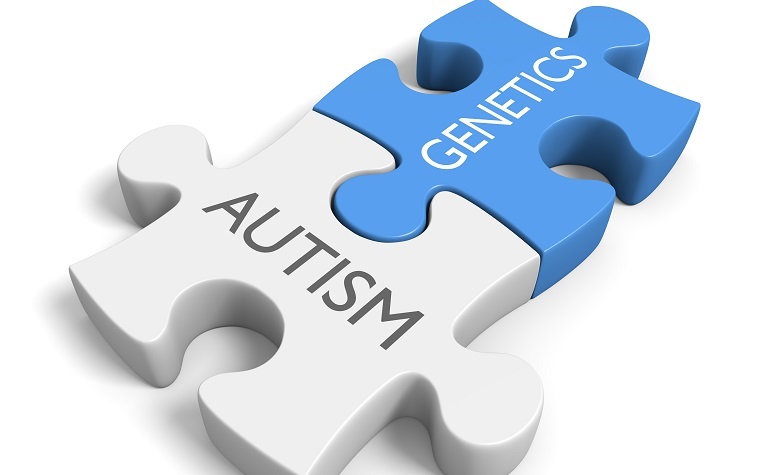
The Autism Speaks MSSNG program recently announced that it has collected its biggest upload and release of the program’s whole genome sequences, all gathered from people who have autism and their family members.
The program has over 5,000 whole genome sequences that can now be used to help scientists research subtypes and personalized treatments for autism. This shows a significant step forward in progress for people who have autism.
“There’s never been a resource like this for the study of autism, with access to thousands of whole genome sequences and accompanying behavioral and medical information,” Stephen Scherer, MSSNG project director, said. “Already, the research community is making use of MSSNG to define new genetic subtypes of autism that will lead to the next generation of diagnostics and treatment options.”
This latest release features approximately 3,000 genome sequences taken from participants involved in the Autism Speaks Genetic Resource Exchange (AGRE). Now, the program’s cumulative total of whole genome sequences stand at 5,211: the biggest genomic database on autism in the world.
“The MSSNG dataset has allowed us to discover new parts of the genome involved in autism,” Michael Snyder, MSSNG user from the Stanford Center for Genomics and Personalized Medicine, said. “Without any doubt, this unique resource will improve our understanding of the condition.”
The program also hopes to build collaborations between researchers.
“MSSNG has successfully built not just a database, but a community of researchers,” Autism Speaks Interim Chief Science Officer Matthew Pletcher said. “They are truly realizing the goal of using open science and collaboration to answer key questions about autism.”



